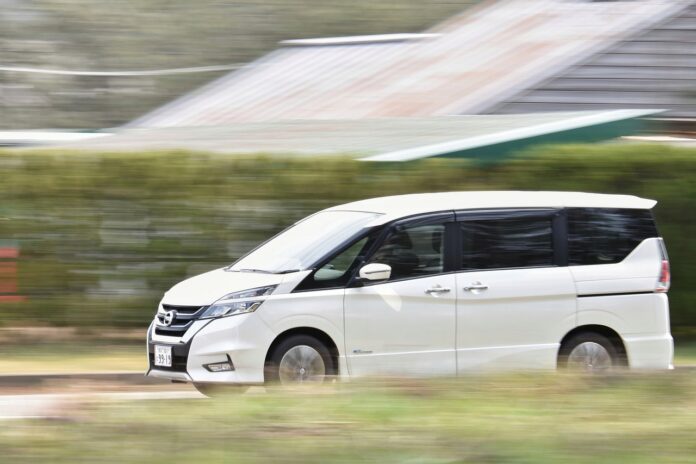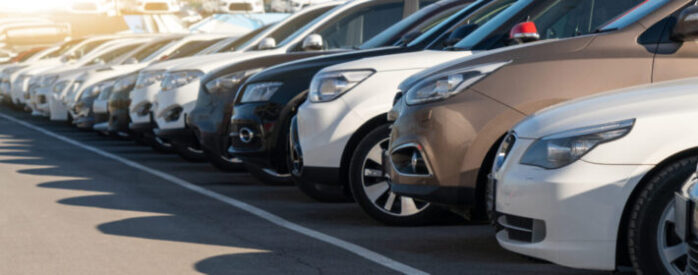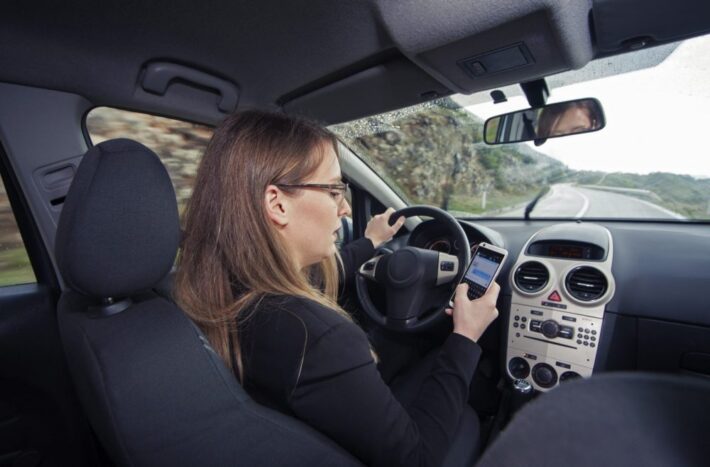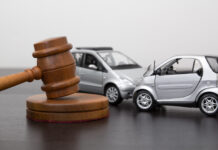
When you buy a new car most people’s initial thought is that it will already be in optimum condition because it is brand new, however, this is not always the case for your particular situation. For example, depending on where you live you may need a different set of tires added, or the recommended type of oil may be wrong for the type of driving you are doing, or you may simply want to have a safer and cheaper ride. Luckily, you don’t need to be a mechanic to optimize your car and here we are going to discuss the best way of going about it to suit your needs.
1. Reduce Weight

You may think that carrying the golf clubs around in the back of the car is convenient, but in reality, every unnecessary extra pound your car is carrying is costing you more in fuel costs. Get rid of all the clutter that you don’t need for that particular journey. You don’t need those workman’s tools at weekends or several ‘spare’ bottles of water, as the cumulative effect will lead to a huge increase in weight which will affect the efficiency of the car. Remember to remove those school sports bags and heavy satchels filled with exercise books. If you have four children imagine the extra weight you will be carrying. If you’re not going on holiday or a sports trip why do you need that heavy-duty roof rack up top, that weighs a ton and increases drag? Not to mention the fact it is ugly and unsightly! Get rid of all these extras and see your fuel bills decrease.
Not only will you save on fuel, but by lessening the load you carry, you will ease the burden on the brakes, tires, bearings, and suspension. This, in turn, will lead to cheaper maintenance costs as you won’t be having to replace expensive parts as often. Think of your car like your own body; the less weight you carry the better your body will function and fewer aches and pains you will have.
2. Is Air Conditioning Necessary?

It is early spring, the sun is shining, your windows are rolled down and yet your air-conditioning is set to a steady 20 degrees. Not only is this totally counterproductive, but it is costing you a fortune. The air conditioning unit will draw energy from the alternator, which in turn is powered by your engine, and guess what? Yep, your engine runs on costly petrol or diesel! Studies have shown that air-conditioning can increase the fuel consumption of your car by as much as 8-10%. Extrapolate that over a year and you will be shocked at the savings you can make, it will probably be enough to cover service costs for the year and possibly enough to cover your insurance bills. Sure, when it’s stinking hot use it, you don’t want to be sat in your car in a pool of sweat, but never have it running in the background. If a little natural air does the job, then open the window and let the cool breeze flow through your hair.
3. Check Your Tires

When you buy a new car it will be fitted with a set of general-purpose tires. Yes, these will work in all conditions, but, likely, they are not suitable for you all the time, and they could be costing you both money and a comfy ride. As you can see when you click here, there’s a selection of quiet tires to fit all road conditions and driving types, that can easily be delivered to your local garage. You may even want to consider a different set for winter and summer so that you can optimize the fuel efficiency of your car, and ensure the ride is as relaxing as possible for all passengers.
Not only will the quality of the tire has an impact, but arguably an even greater impact on your fuel efficiency will be the pressure of the tire. Imagine trying to ride a bike with a flat tire, it is a nightmare, and this is exactly what is happening to your car when your tires lack pressure, except that it is your wallet paying for it rather than your legs. Remember that the front and back tires may need different pressures so always ensure that the tire pressure is at the level recommended by the manufacturer and you will have the most efficient ride possible.
4. Drive Economically

One of the most effective means of optimizing your car is to drive efficiently. Sure, we all like to rev the engine and pull away from the lights with a touch of wheel spin from time to time, but other than showing off you are achieving nothing other than a hole in your wallet, and potentially costly extra repairs. Try to look ahead up the road so that you are aware of potential obstacles in advance, like a slow tractor, and you will avoid having to constantly brake and accelerate adding extra wear and tear to your vehicle. Drive economically using the correct gears, and use them to break where possible. Use hills to your advantage: gain momentum whilst going downhill so that it will help you up the other side, and if you’re not in a hurry drop that cruising speed by 10mph and you could save up to 10% of the fuel you would have used. Remember, driving smart is driving cheaply.
As we have seen there are various methods by which you can optimize your car. Start by doing the simple things like removing excess weight that is unnecessary for your journey, and turning the air conditioning off when there is already a clement temperature, or when a little breeze from the window will suffice. Check you have the correct tires and pressures and most importantly of all, drive sensibly without breaking sharply or revving the engine. These optimizations needn’t cost the earth, quite the contrary, you will find yourself making huge savings over the year and driving in a much more comfortable way.











